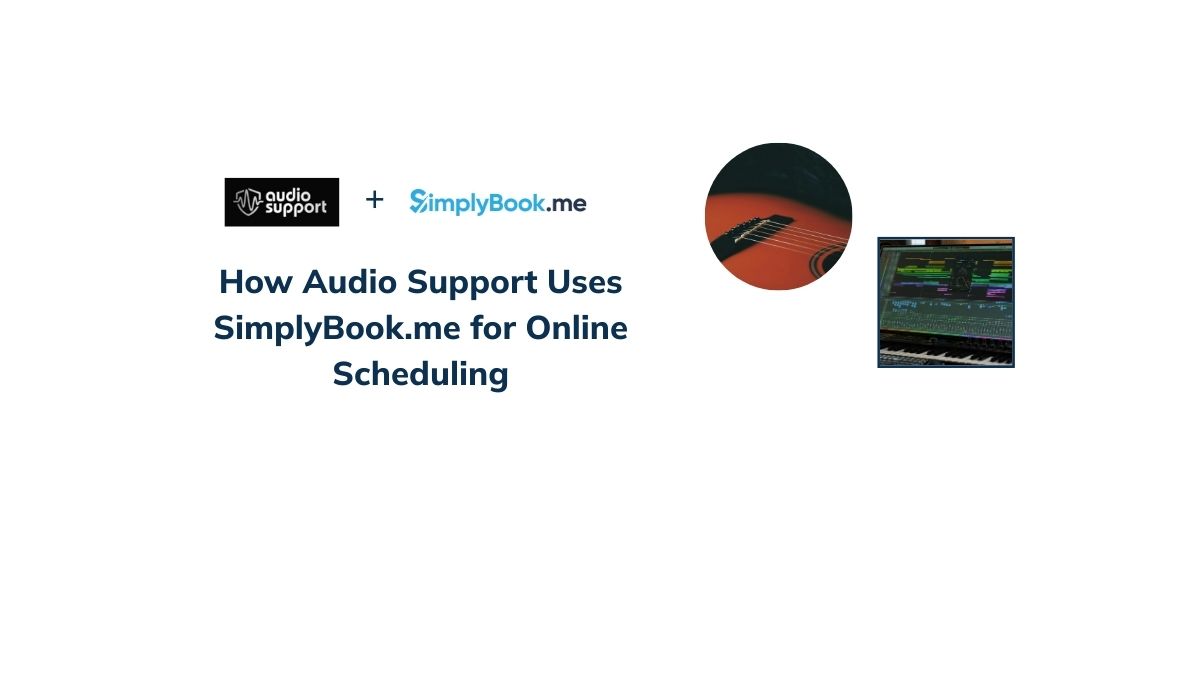Ensuring Patient and Client Confidentiality

This post is also available in:
![]()
![]()
![]()
When you think of patient and client confidentiality, you only really apply that to the medical profession. Additionally, patients confidentiality laws only apply to licensed medical practitioners. However, there are those businesses that straddle the line between medical care and commercial self-care. It’s a good idea to maintain strict data protection for your clients, even when the law doesn’t technically apply to your business. Patient and client confidentiality is a duty of care to your clients; it doesn’t matter how good your service is if you can’t make every effort to maintaining sensitive data security.
Medical Professions & Patient Confidentiality
When it comes to time and money-saving software and tools for the medical professions, they’ve always had to pay greater attention to the data security and legal compliance aspects. Consequently, this has almost always led to more significant expense and having to choose software solutions that might not fit their business so well. Still, patient data protection always takes precedence over how well a particular software performs.
Medical clinics and businesses include therapies such as mental healthcare and counselling, dentistry, physical therapy and rehabilitation.
Alternative Therapies & Self-Referral Providers
Not all treatments are medical or prescribed by a medical professional. Consequently, they aren’t covered by the legal demand for patient-protection levels of data security. Still, several therapies and treatments require particular levels of disclosure for the provider to carry out their services safely and effectively.
Examining a few alternative therapies and self-care treatments, I could look at acupuncture and hypnotherapy or even homoeopathy, which would demand the need for information about allergies, blood-born contagious diseases and mental health issues. Even non-medical treatments, such as a pedicure, skincare or relaxation massages might require the disclosure of diabetes, injuries, or allergies.
All of those things are confidential client details. If you don’t have the same approach to data security that the medical profession has, you have no business demanding that kind of disclosure from your clients.
Why Client Confidentiality is So Important
Trust! As a person who provides a personal, and sometimes intimate, service to your clients, they need to trust you. Not only do they need to trust you’ll provide an excellent service, but they also need to have complete confidence in your professionalism.
If clients do not have trust in your ability to offer excellent services as well as keeping their confidence, there is a communication barrier. Without clear and free communication channels, there is less likelihood of an optimal result, whether medical or otherwise. In some cases, it could be catastrophic if a client feels uncomfortable sharing sensitive information through a lack of trust.
What to Look Out For
It’s key to keeping this trust in your professionalism and client confidentiality that you use software, storage and communication technology that meets specific criteria. Everyone uses technology these days, from cloud storage and software platforms to internal encryption and user access.
Certifications
From the global benchmark of ISO 27001 to localised certifications, holding approved certifications for data security is paramount for choosing software providers that will maintain your patients and client data.
The benefits of working with an ISO 27001 certified company mean that you can be sure your data is in the best hands. While no one can ever “guarantee” data security, ISO 27001 certification proves a company’s structural framework for mitigating risk, management of data and a continual approach to maintaining data privacy, authorised accessibility, and integrity.
Standards
Online and computer technology has acquired some security standards over the years and a significant increase in online businesses. As technology advances, so do the benchmark standards of data security.
Every time someone ups the game to make online communication “uncrackable”, another person comes along to crack it. The software and communications standards of the online solution you use should be up to date with current guidelines.
Not so long ago, the standard SSL security became compromised entirely, so companies have had to update their communication privacy standard to TLS. However, a close techie contact has said they still call it SSL because it was around for so long.
Compliance
Around the world, several laws prohibit the distribution, leaking and sharing of client information without the client’s express permission. Most notably, GDPR (EU) and state-specific privacy laws in the US (California springs immediately to mind). People in specific regions are aware of their privacy rights, and one of the first things they want to know is whether your online tech is compliant.
Any software that you use should have specific information about their compliance with local data protection and privacy laws.
Specific to the medical community (in the US) is HIPAA compliance laws. If your chosen tech solution is compliant with HIPAA, it means they have signed compliance agreements with HIPAA. That means a commitment to maintaining that compliance through any updates and alterations. A tech provider cannot claim compliance without signing these agreements – so you can check them out.
Non-Tech Protocols For Client Confidentiality
There’s more to client confidentiality than just the technology you use to make life easier. Internal human protocols and procedures are also crucial to maintaining trust. As part of any employment contract or engagement, you should include a code of ethics. Client confidentiality and treating clients with dignity and respect should be high on the list of requirements.
Security & SimplyBook.me
We’ve said it before, but it’s always worth repeating; Security is Paramount. All of the baseline requirements for a secure company booking management system and protected client data are ones we have. Along with additional security features you can use (or not) at your discretion.
Medical businesses need to maintain vert strict protocols for their patient data protection. Still, any company that collects sensitive information as a part of their service provision, should also follow similar levels of client confidentiality. Trust and confidence go hand in hand with excellent service.



Comments
2 comments